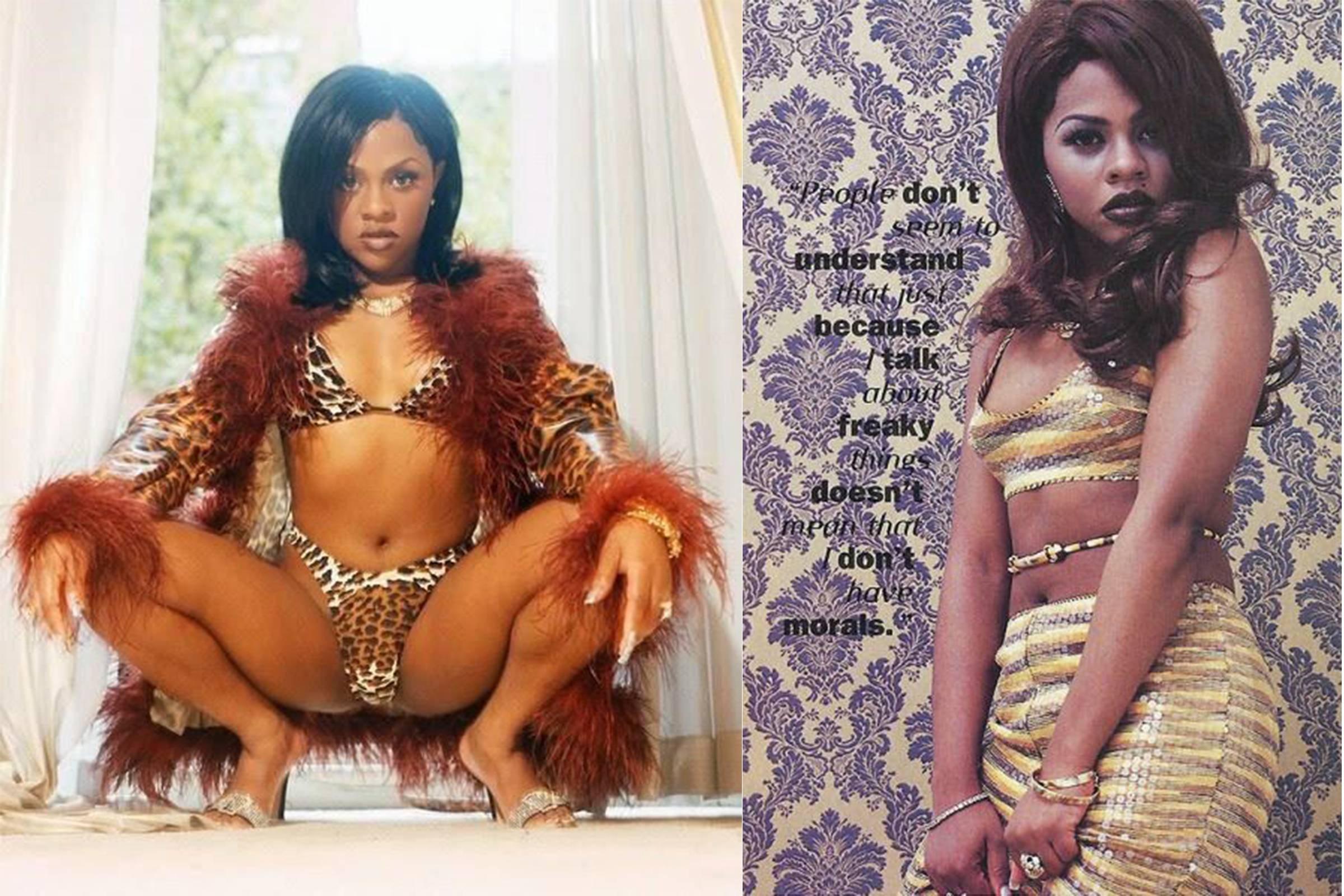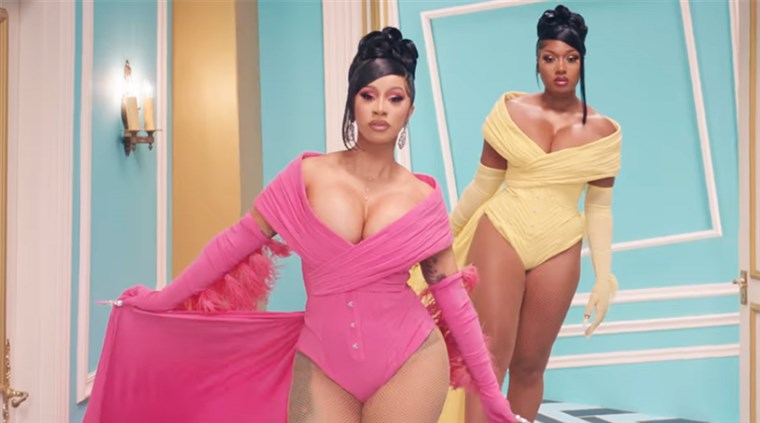‘W.A.P’ has only been out for a week and the song has everyone buzzing. Opinions were taken to social media by influencers, music artists and producers and even some politicians. The song, meant to empower women and their sexuality, received comments saying the song was too explicit and people are “tired of female rappers only rapping about sex.”
The bottom line is male and female artists aren’t perceived in the same light when the topics of their music are similar. Male rappers can rap about “having hoes” and doing explicit things to women but female rappers have to be censored or looked at differently for rapping about the body parts they possess.

Throughout the history of the music and entertainment industry, women have always been reduced down to a pretty face or nice body. Between the late 80s and 90s, music was notorious for degrading women and including extremely explicit content. It wasn’t until female rappers like Foxy Brown, Lil Kim and Trina took back women’s sexuality and showed the world that women can be just as raw as men and it’s perfectly fine.
Society has made it a goal to oppress women and their sexuality because many standards were put into place by men who only saw women as a means of reproduction. Women aren’t allowed to act on or enjoy their sexual desires or else they’re labeled as a borderline prostitute. This stifles women from being their true selves and having confidence in who they are.

Some have even gone to say that artists who make songs like W.A.P are giving children bad role models or not being relationship material. While this may have some truth to it, you rarely hear about male rappers being bad role models or having questionable paternal skills. In fact, some of them are the ones having multiple children by multiple women and no one sees an issue with it.
Role models shouldn’t be determined solely on the basis of what they do with their career but more on the side of their character and what they stand for. Yes, children are impressionable but that’s where the parent is supposed to step in and educate their children on what’s acceptable and what’s not.
Sexually explicit music isn’t anything new; it’s been a drastic part of music and entertainment since the beginning. ‘W.A.P’ is just another example of female sexual liberation and a reflection of the shifts in society. Women are taking back their sexuality and letting it be known that they will not be silenced any longer.


